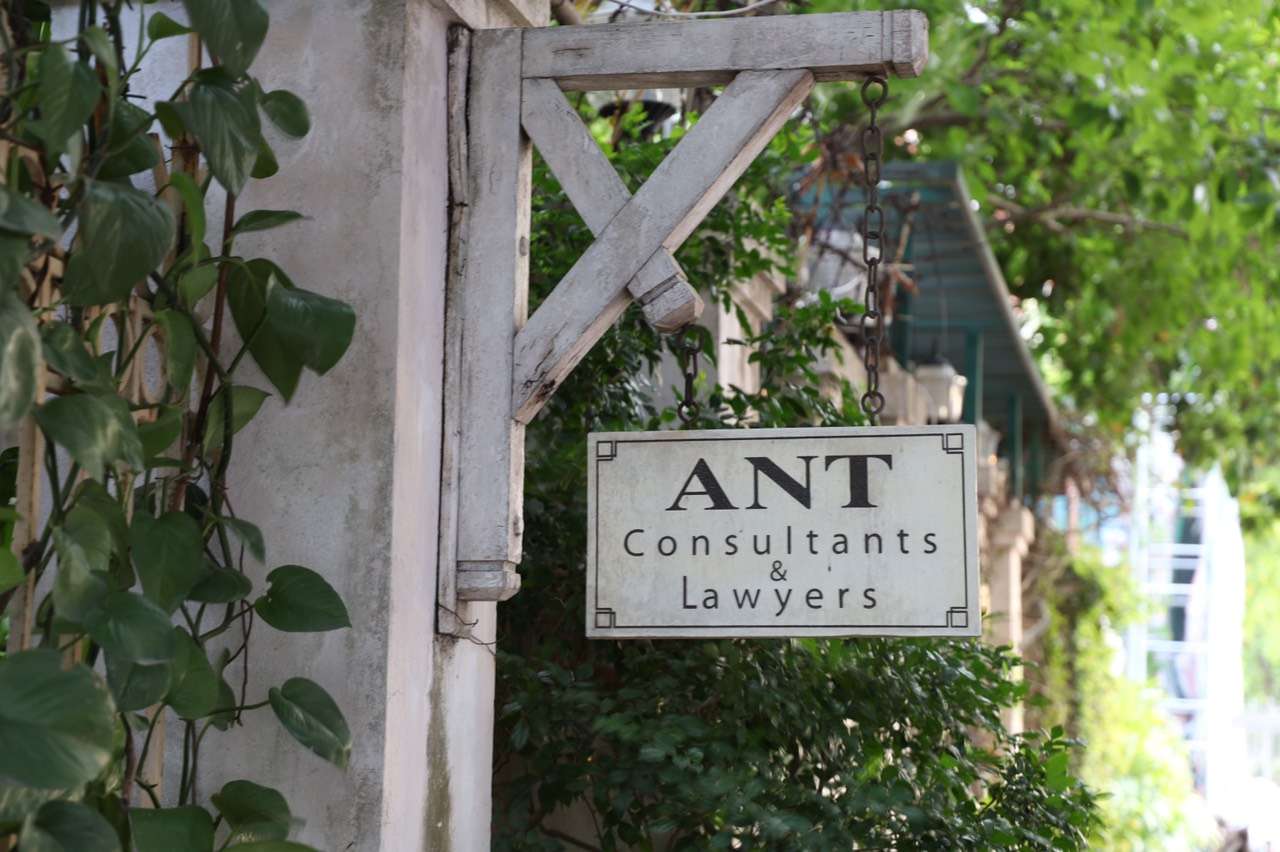Vietnam textile industry for
many years has always been one of the major export sectors of Vietnam. With the
development in technology, the number of skilled worker is growing along with
many preferential policies from the Government, the textile industry has
obtained encouraging results, creating the value of goods, ensuring domestic
demand and export.
1.Overview of the industry
According
to the General Department of Customs, in 2014, the value of exports textiles
reached 20.91 billion dollars, increasing 16.6% compared to 2013. The value of
textile exported was the second largest export industry in Vietnam.
Vietnam’s
textile industry has a high production capacity: 4,424 enterprises (as of
31/12/2013) with 2.5 million workers, growth rate of 14% annually. There are
1.2% of enterprises reaching $100 million export revenue, 3.25% of them
reaching 50 million and 30% reaching over $1 million. There been several
textile products including 8000 tons of cotton fiber, yarn 900 thousand tons,
1.5 billion m2 fabric. Localization ratio of the whole industry was 50% in
2014.
Export
capacity of the textile industry is also very impressive. Particularly in 2014,
the export value reached 20.91 billion US dollars, accounting for nearly 14% of
total turnover exporting ones in the country – No. 1 export industry of
Vietnam until 2012, No. 2 in 2013 onwards (after the mobile phone). Vietnam is
the 4th largest exporting country, accounting for 4.92% of
global textile exports in 2014, after China, Bangladesh, Italy.
Vietnam’s
textile sector has yet to master generating raw material. The high-quality raw
material required depends heavily on importing (around 60-70%). Mainly imported
raw materials are from China, Taiwan and Korea. Vietnam’s textile industry has
currently imported 90% of raw cotton, 100% synthetic fibre and 80% cotton
fabric.
According
to research by the Ministry of Labour, every $1 billion of Vietnam textile
export created extra 250,000 jobs. Currently, Vietnam has a population of over
90 million people which 49% of the population of working age worked in the
textile industry. Moreover, the labour cost in Vietnam is relatively low
compared to many countries in the region. The advantage of the lower labour
cost will resulted in lower production cost, thus being price competitive.
However, in this sector, there is a shortage of skilled labour leading to
difficulties to develop the industry.
2.Opportunities for textile industry
TPP is
a great opportunity for many industries including textile. According to
economic experts, TPP will have a huge influence in the global textile
industry. TPP opens investment opportunities (FDI) into developing materials
and supporting industries. When joining the TPP, textile tax rate reduced to 0%
which indicates a huge profits for Vietnam’s textile sector.
Besides,
FTAs (The free trade agreements) also
opens up further export opportunities for Vietnam’s textile industry to the
market European Union, Korea, Asian Economic Union – Europe … Vietnam
will benefit from free tariff agreement from EU. Besides, the Vietnamese
enterprises will be supported in terms of access to high technology from other
countries, thus enhancing value of products.
3.Challenges
Other
than opportunities, the textile industry will be facing many challenges. The
domestic textile enterprises are mainly operating in small and medium scale
with low capital investment and financial resources, limited technology,
equipment and innovation capabilities. This lead to inability to achieve
economic efficiency and compete with other countries. After all trade
agreements take effect, Vietnam’s textile industry must meet strict rules and
requirements such as origination of raw material (fabric). Meanwhile, most of
raw materials (fabrics) was imported from other countries such as China (not a
member of TPP). Therefore, if Vietnamese enterprises do not use raw materials
from Vietnam or other countries in the TPP, it will be difficult for them to
enjoy free tariff when exporting to the US and other countries in the TPP.
Therefore, Vietnamese enterprises are highly recommended to learn about TPP and
other free trade agreements. Besides, Vietnamese enterprises should prepare for
qualified workforce, equipment and new technologies and intellectual property.
The state and agencies functions have created specific guidance on the
provisions of the tax, customs to help Vietnamese enterprises to utilise export
opportunities with the advantages of tariff.
ANT
Consulting is here to assist you from the outset; providing corporate
intelligence, risk advisory,
management consulting services that assist market entrance, and ensure
efficient business start-up operation.
We
strive to save your cost by guiding you towards economical solutions that
comply with local legislation and procedures. We support you through
early logistic solutions and
carry you through as your business grows.
We aim to bridge the gap between international best practices and local
cultures and assist foreign companies and organizations entering Vietnam market
to overcome commercial and regulatory issues.
We could be reached at
email: ant@antconsult.vn or
tel: +848 3520 2779 . To learn more about us, please visit
www.antconsult.vn
















.jpg)
.jpg)
.jpg)
.jpg)
.jpg)
.jpg)
.jpg)
.jpg)
.jpg)
.jpg)
